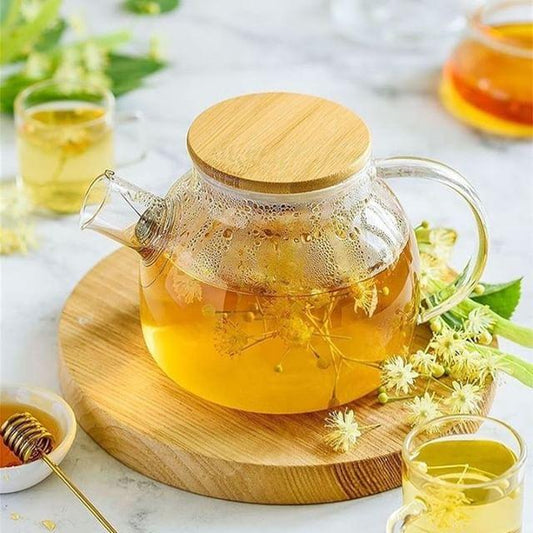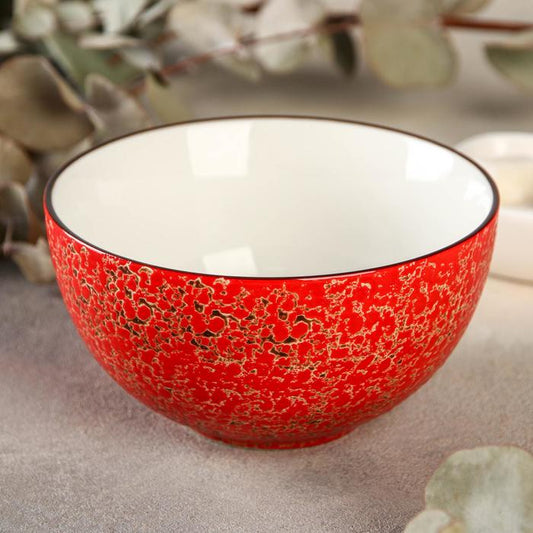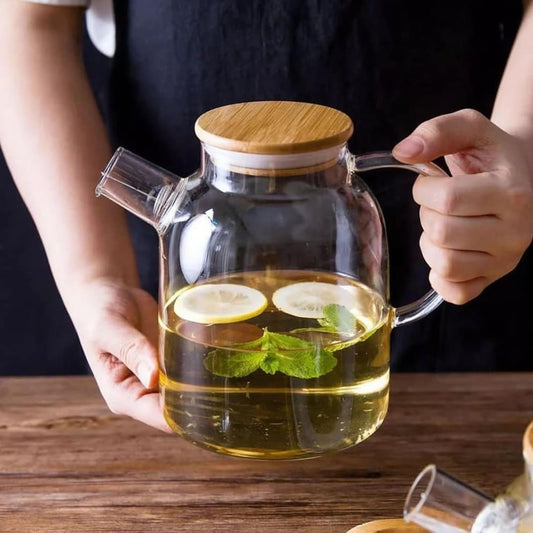Decoding Sugar Alternatives: Which Sweeteners Are Best for You?

Sugar is a staple in many diets, but excessive consumption has been linked to health issues such as obesity, diabetes, and heart disease. Fortunately, sugar alternatives offer a range of options to enjoy sweetness without the added calories or health risks. This guide breaks down popular sugar substitutes, their benefits, and how to choose the best one for your needs.
Why Consider Sugar Alternatives?
Sugar alternatives provide several advantages:
- Lower Calories: Ideal for weight management.
- Blood Sugar Control: Many substitutes don’t cause blood sugar spikes, making them suitable for diabetics.
- Natural Options: Some sweeteners offer added nutrients or antioxidants.
- Versatility: Perfect for beverages, baking, and everyday cooking.
Types of Sugar Alternatives
Sugar substitutes generally fall into three categories:
- Natural Sweeteners: Derived from plants or natural sources and minimally processed.
- Artificial Sweeteners: Lab-created options that are intensely sweet and low in calories.
- Sugar Alcohols: Naturally occurring compounds with fewer calories than sugar.
Popular Sugar Alternatives
1. Stevia
- Source: Leaves of the Stevia rebaudiana plant.
- Calories: Zero.
- Taste: Up to 300 times sweeter than sugar with a slight aftertaste.
- Uses: Sweetening coffee, tea, smoothies, and baked goods.
- Pros: Calorie-free, suitable for diabetics, plant-based.
- Cons: Can taste bitter in large amounts.
2. Monk Fruit Sweetener
- Source: Monk fruit, native to Southeast Asia.
- Calories: Zero.
- Taste: 150-200 times sweeter than sugar with a fruity aftertaste.
- Uses: Great for beverages, desserts, and low-carb recipes.
- Pros: Antioxidant-rich, calorie-free, keto-friendly.
- Cons: Expensive and less available than other sweeteners.
3. Honey
- Source: Made by bees from flower nectar.
- Calories: 64 per tablespoon.
- Taste: Rich, floral sweetness.
- Uses: Perfect for drizzling on yogurt, toast, or in tea.
- Pros: Contains vitamins and antioxidants.
- Cons: High in calories and sugar content.
4. Maple Syrup
- Source: Boiled sap from maple trees.
- Calories: 52 per tablespoon.
- Taste: Warm, caramel-like flavor.
- Uses: Pancakes, waffles, glazes, and baking.
- Pros: Provides trace minerals like manganese.
- Cons: High in sugar content.
5. Agave Nectar
- Source: Extracted from the agave plant.
- Calories: 60 per tablespoon.
- Taste: Mild, neutral sweetness.
- Uses: Sweetens beverages and vegan-friendly desserts.
- Pros: Low glycemic index.
- Cons: High in fructose, which can affect liver health.
6. Erythritol
- Source: A sugar alcohol found in fruits.
- Calories: 0.24 per gram.
- Taste: 70% as sweet as sugar.
- Uses: Ideal for baking and low-carb recipes.
- Pros: Doesn’t raise blood sugar levels.
- Cons: May cause mild digestive issues if consumed in excess.
7. Aspartame
- Source: Artificially made from amino acids.
- Calories: Virtually zero.
- Taste: 200 times sweeter than sugar.
- Uses: Common in diet sodas, gum, and processed foods.
- Pros: Widely available and low-calorie.
- Cons: Controversial due to safety concerns for certain individuals.
8. Coconut Sugar
- Source: Sap from coconut palm trees.
- Calories: 45 per tablespoon.
- Taste: Similar to brown sugar with caramel notes.
- Uses: Great for baking and coffee.
- Pros: Contains trace minerals and a lower glycemic index.
- Cons: High in calories and similar to sugar in fructose content.
Choosing the Right Sweetener for You
When selecting a sugar alternative, consider:
- Health Goals: Weight loss, blood sugar control, or natural options.
- Taste Preference: Some sweeteners have aftertastes or distinct flavors.
- Use Case: Baking, beverages, or everyday use.
Tips for Using Sugar Alternatives
- Start Small: Many substitutes are sweeter than sugar, so adjust recipes accordingly.
- Blend Sweeteners: Combine alternatives with sugar for balanced flavor and texture.
- Experiment: Different substitutes work better for specific recipes.
Final Thoughts
Sugar alternatives provide a range of choices to suit various dietary needs and preferences. Whether you prefer the natural sweetness of honey or the calorie-free benefits of stevia, there’s an option for everyone. Experiment with these substitutes to find what works best for you, and enjoy guilt-free sweetness!
Share:





